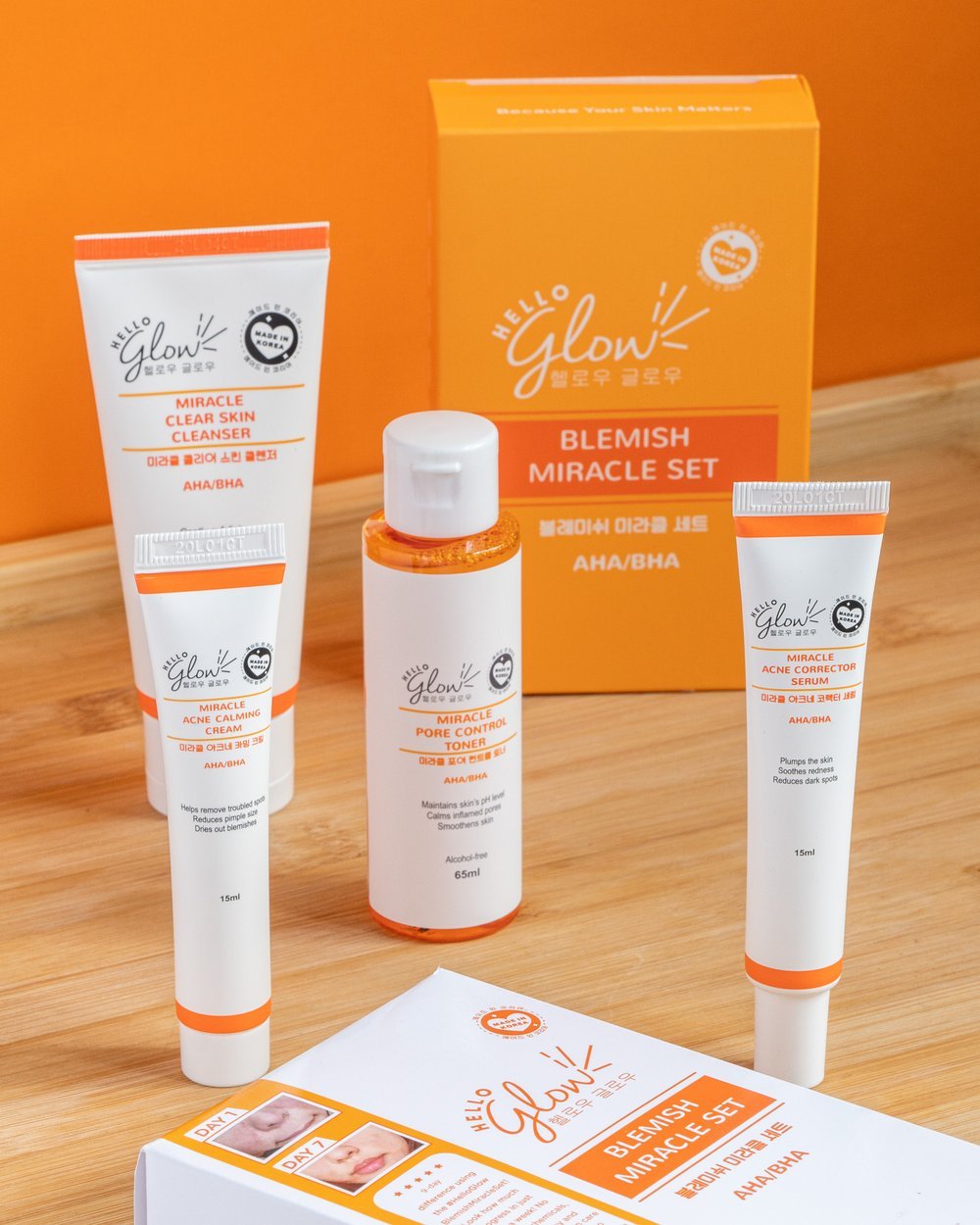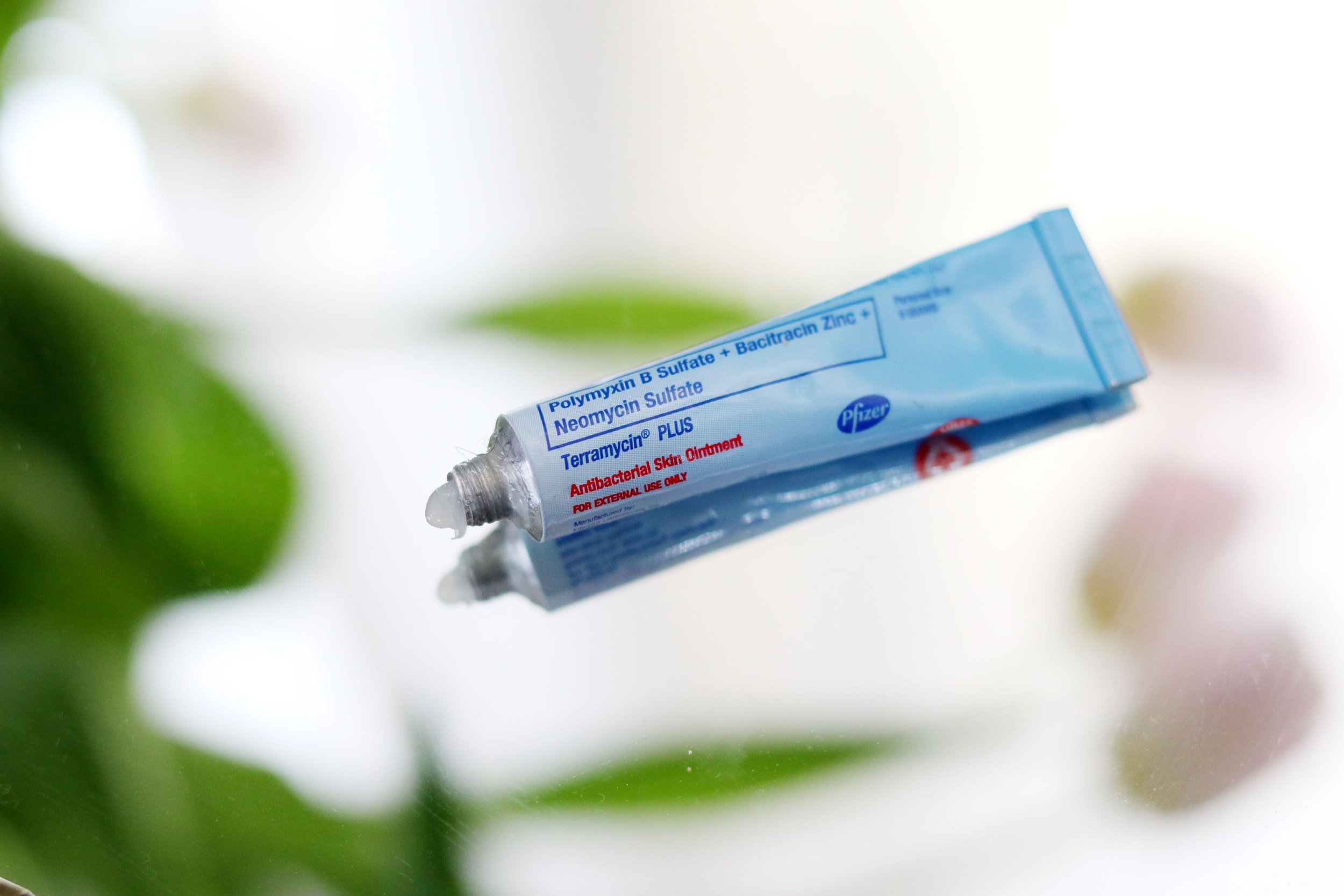What are the different acne scars and how to treat them
I know how frustrating it is to manage serious acne. I regularly go to the derma, I’ve tried different products and treatments, and I’ve even worked on improving my sleep quality and mental wellness to help manage my stress. But I think the most difficult part of acne is the aftermath. They often leave marks - physical scars, and sometimes even emotional ones. While there are many ways to treat hyperpigmentation, acne scarring often affects skin texture, causing a rough and uneven surface. How do you treat this type of acne scarring?
First off, it’s important to know that not all pimples cause scarring. Acne scars usually happen when breakouts don’t heal fast enough and there is a deep break in the pore’s wall. The infection can then spread into the surrounding skin areas, which creates a deeper wound. Usually when the skin attempts to repair these deep wounds, the healed skin won’t be as smooth as its original state. There are two main types of scarring: depressed scars and raised scars.
Icepick scars (Image via thehealthy.com)
Depressed or atrophic scars are characterized by deep pits in the skin, caused by a loss of tissue. There are two common types: icepick scars and boxcar scars. Icepick scars are small but deep and obvious pits on the skin. Boxcar scars are similar to chickenpox scars, causing oblong or circular sunken areas on the skin. In both cases, the skin appears to have a hole or depression.
Boxcar scars (Image via healthline.com)
Raised or hypertrophic scars, on the other hand, are commonly found on the back or the chest. These scars are a result of the skin producing too much collagen, causing a raised mass of tissue on the area.
As with all skin issues, it’s always best to consult with a dermatologist on how to treat your acne scars. Because these scars are a result of extensive skin damage, OTC topical products and commercially available skincare aren’t potent enough to repair the skin.
Raised scars (Image via Andrea Catton Laser Clinic)
The American Academy of Dermatology recommends a variety of different treatment options, and your doctor can assess which type would work best for your condition.
For depressed scars, discuss the following options with your derma:
Microneedling: As the name suggests, needles are used to facilitate collagen production. Frankie tried this out and loved the results! While the concept seems to be the same, please don’t use DIY dermarollers as these may cause more harm than good.
Fillers like hyaluronic acid and Botox
Resurfacing procedures such as laser skin resurfacing, chemical peeling, and dermabrasion
If you have raised scars, ask your derma about:
Injections to help flatten the raised scar
Acne scar surgery
Laser therapy
If you really want to get rid of your acne scars, a visit to your dermatologist is a must as professional intervention is your best option. But for dark spots or post-inflammatory hyperpigmentation, you can try using acids or actives such as vitamin C and niacinamide.
Treating acne scars can be an expensive process, so it’s best to exercise every precaution to avoid getting them in the first place. Remember all those times we’ve been told not to pick or pop pimples? Listen to this advice! Resist the urge to pop, and opt to use safe yet effective ways to heal them. Ask your derma to help you identify the cause of your pimples, and follow a gentle and effective skincare routine to soothe and treat your acne.
Do you have acne scars? How do you deal with them? Have you considered getting dermatologist treatments for them? Do share your experience with us below!
Sources: American Society for Dermatologic Surgery, Australasian College of Dermatologists














